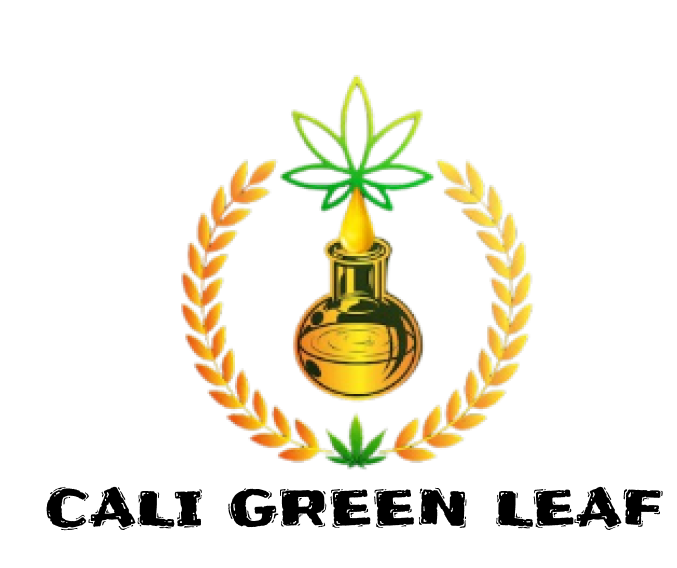Some people use the terms “drug tolerance,” “addiction,” and “dependence” interchangeably, but they all mean different things. Drug tolerance happens when a person’s body or brain does not respond to a drug the way it used to.
Drug tolerance is a commonly misunderstood term. It is not the same thing as addiction, and it can happen with both prescription and recreational drugs.
Read more to learn how tolerance happens, whether a high drug tolerance indicates addiction, answers to frequently asked questions, and more.
Drug toleranceTrusted Source occurs when someone’s body or brain no longer responds to a prescription or recreational drug in the same way it once did.
In many cases, tolerance happens when someone has been taking a certain drug for an extended period of time. The receptors or enzymes in their brain and body are less activated by the drug, so it is not as effective.
This means that in order to experience the same effects they initially did, they need to increase their dose of the drug. A doctor can prescribe a higher dose of a person’s medication if they have developed a tolerance.
In cases of substance misuse, someone may need to take increasingly higher doses of the drug to achieve the “high” they are seeking.
Having a tolerance to a drug does notTrusted Source necessarily mean a person is addicted to it.
Many people develop a tolerance to a drug after taking it regularly for a long time. Their body becomes more accustomed to it, and the drug’s impact weakens.
In some cases, a person can also have a tolerance to a drug if they are addicted to it after taking it repeatedly over time.

